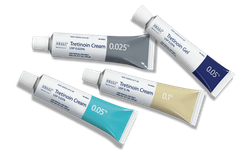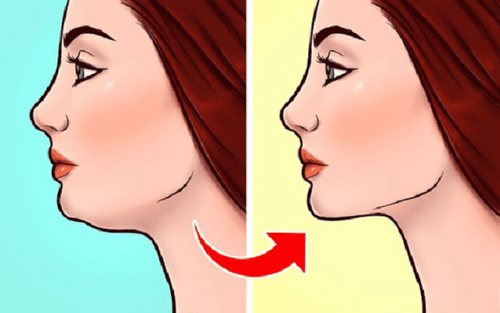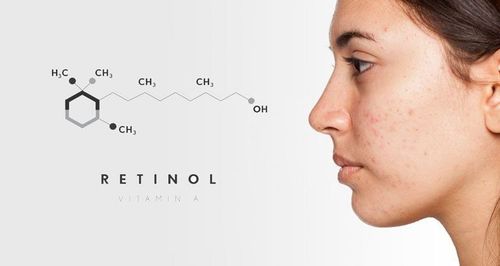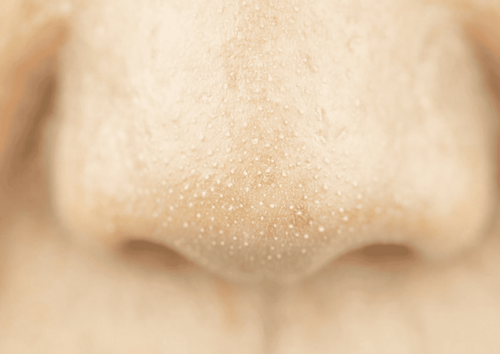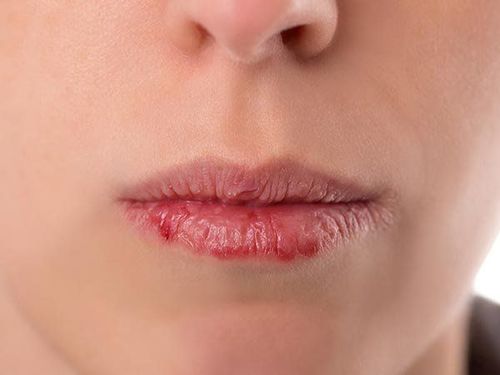Collagen is a type of protein that provides numerous benefits to the body. It plays a significant role in beauty care, especially for women, helping to keep skin firm and elastic. As a result, collagen is a popular choice for supplementation through various dietary sources. However, many people wonder: does taking collagen cause acne?
1. What is collagen?
Collagen is essentially a fibrous protein found in the connective tissues of mammals. In the human body, collagen accounts for over 25% of the total protein and makes up 75% of the skin’s structure and 90% of the epidermis.
Collagen acts as a binding agent that connects tissues within the body, helping wounds heal more quickly. Additionally, it serves as an underlying support layer beneath the skin's surface, keeping it firm and healthy. However, as women enter the aging phase, their skin tends to sag and develop wrinkles, age spots, melasma, and freckles. For this reason, many women choose to supplement collagen to restore skin elasticity and radiance, thereby slowing down the aging process.
2. Does Taking Collagen Cause Acne?
"Does taking collagen cause acne?" is a question that many women have been curious about for a long time. As is well known, collagen plays an essential role in the body, and acquiring collagen through supplements has become increasingly popular. However, some individuals experience acne or internal heat when taking collagen. The occurrence of acne largely depends on various factors. Therefore, if acne develops after taking collagen, it is crucial to identify the underlying cause.
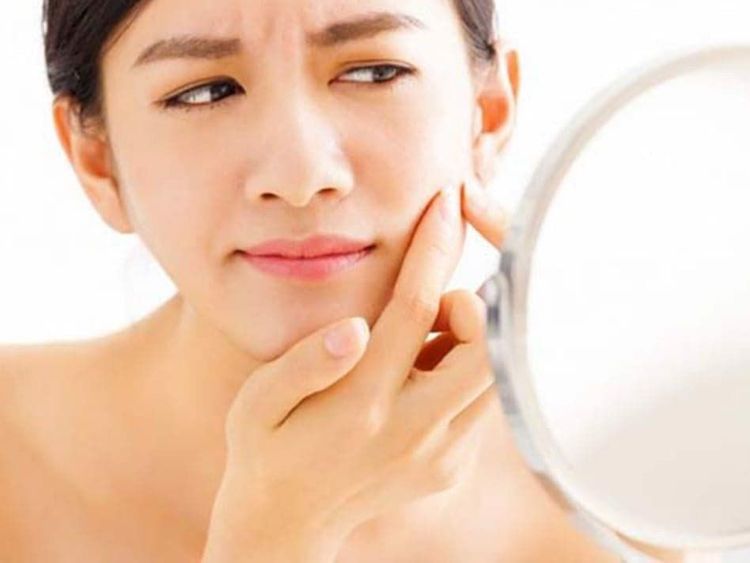
3. Why Does Taking Collagen Cause Acne?
There are several reasons why taking collagen might cause acne, often related to incorrect usage. These include:
- Overloading your body with collagen can lead to an accumulation that cannot be excreted: Using anything in excess is not beneficial, and the same applies to collagen. Research shows that the human body can absorb a maximum of 5000mg of collagen per day. Therefore, consuming more collagen than this limit can cause reactions such as internal heat and acne breakouts. Since collagen is a protein, it requires time for digestion and gradual absorption. When excess collagen builds up in the body without timely excretion, acne may occur.
- Choosing the Wrong Type of Collagen: Currently, there are about 29 types of collagen, with six primary types: Types 1, 2, 3, 4, 5, and 6. Types 1 and 3 are predominantly found in skin and tendons, while Types 2, 4, and 5 are abundant in bones, cartilage, and muscles. Type 6 is mainly present in cell membranes. Choosing the right type of collagen for your body is crucial. Collagen supplements come in various forms, such as liquids, capsules, and powders. If the collagen type or supplement form doesn’t suit your body’s needs, it may trigger acne breakouts.
- Sensitive Digestive System: A small number of individuals may have sensitivities to certain components in collagen supplements. While some types of collagen provide beneficial amino acids for digestion, others derived from marine sources, like fish, can cause allergies, hives, or rashes in those with sensitive digestive systems. Long-term collagen use might also lead to stomach issues and acne for some individuals. When starting collagen, it’s best to begin with a low dose to monitor your digestive system’s reaction.
4. How to Address Acne Caused by Taking Collagen
If you experience acne while taking collagen, consider the following measures to mitigate the issue:
4.1. Adjust Collagen Dosage
Scientific research suggests that the optimal daily collagen intake for the body to absorb and benefit from is between 1000–2000mg. For individuals in their 30s aiming to support joint health, hair, nails, and skin, a daily dosage of at least 3000mg is recommended. However, it’s important not to exceed 5000mg per day to avoid adverse effects, including acne.

4.2. Adopt a Healthy Diet and Lifestyle
Maintaining a balanced diet and a healthy routine can strengthen the body and reduce the likelihood of acne caused by collagen consumption. Here are some recommendations:
- Increase intake of fresh vegetables and fruits to supply essential vitamins and minerals for overall health.
- Drink plenty of water regularly to detoxify the digestive system and purify the skin.
- Avoid spicy, hot foods and dishes high in starch or sugar.
- Incorporate healthy fats from foods like nuts and beans into your diet.
- Exercise for at least 30 minutes a day.
- Cultivate good sleep habits: go to bed early, follow a consistent schedule, and ensure adequate sleep.
- Minimize makeup application to prevent clogged pores, gently cleanse the skin to avoid acne, and use sunscreen when outdoors.
- Include collagen-rich foods in your daily diet, such as salmon and soy.
- Boost vitamin C-rich foods, like oranges, lemons, blueberries, and tomatoes, to stimulate natural collagen production.
Combining collagen supplementation with a healthy and balanced lifestyle can help combat signs of aging, such as sagging skin, crow’s feet, and wrinkles
4.3. Select Collagen Products That Suit Your Body and Prevent Acne
With the wide variety of collagen products available, it’s crucial to consider the source, dosage, and additional ingredients when choosing one.
Collagen is commonly offered in three forms, with liquid collagen considered the most effective. This is because it is absorbed more easily into the body, enhancing the skin's collagen network. In contrast, collagen in pill or powder form requires additional time for breakdown and absorption, resulting in less immediate effectiveness.
In conclusion, experiencing acne while taking collagen is relatively common but manageable with the proper steps. You should also be mindful during collagen use to avoid experiencing other side effects. It's especially important not to overuse collagen but to take it in moderation to avoid waste and maximize its effectiveness.
To arrange an appointment, please call HOTLINE or make your reservation directly HERE. You may also download the MyVinmec app to schedule appointments faster and manage your reservations more conveniently.
